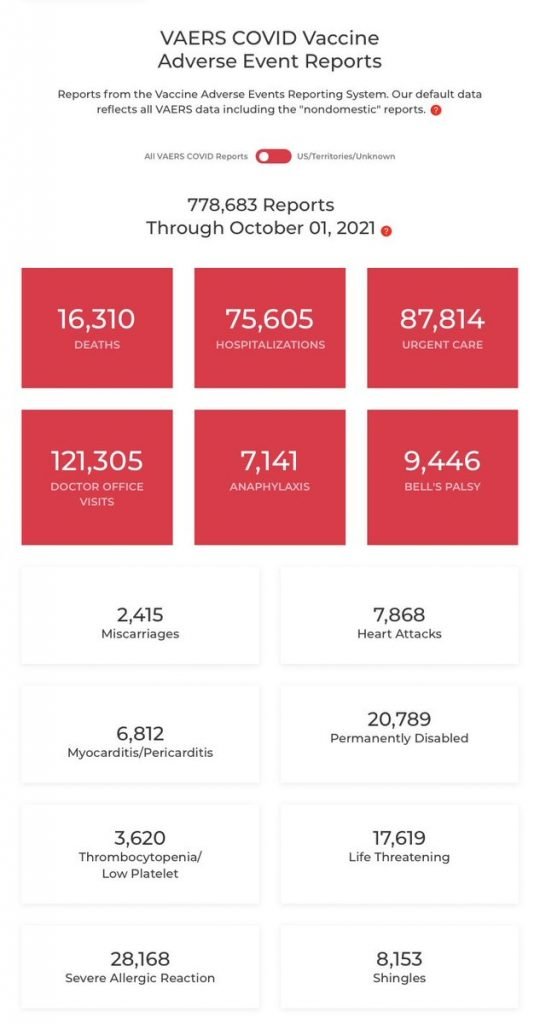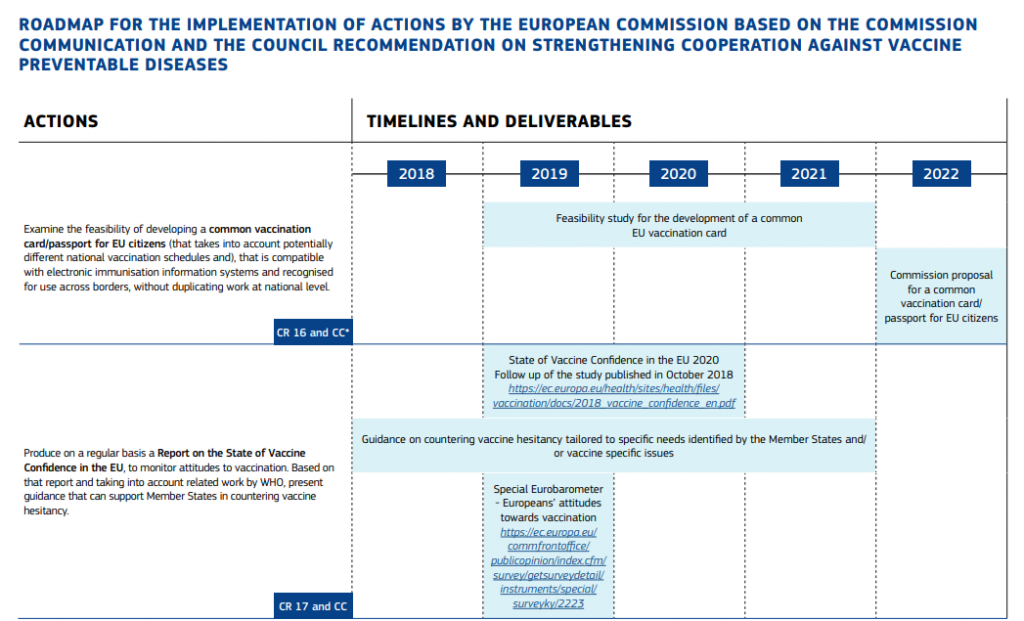This is an open letter to all politicians, especially Health Secretaries.
The NHS is a much-loved institution and politicians from every party always support it. There is a constant debate about how much extra money the health service needs and political parties vie with each other to appear to be the most generous towards the cost of our healthcare services. The questions about the NHS seem to be endless. How much extra money should we spend? How many doctors and nurses do we need? How many hospitals should we have? How should services be organised? These questions are debated repeatedly and changes are implemented over and over again. But, however they organise it, the budget for the health service goes up every year; it never goes down. It seems clear to me that nobody is asking the right question. All these questions are important but ultimately futile unless you can answer the most important question of them all, which is, “Why are so many people ill?”
The NHS costs over £350 million every day, but it is under severe pressure and the people of the United Kingdom are not healthy. Everybody is aware of the obesity crisis and that over-weight people are much more likely to develop diabetes, heart disease and cancer. These metabolic diseases are a huge problem for health professionals and patients.
Why are so many people ill? Why is the NHS struggling? Who is to blame? The culprit, in an extraordinary twist of irony, turns out to be the NHS itself. While the people working for it do a fantastic job, the NHS has become an enormous institution and it suffers from ‘institutionalised thinking’. The people at the top never stand back, take a good look at it and ask, “Are there any assumptions that we have made, and stick to, that might be completely wrong?” If they would only do so, they would realise their own dietary advice is completely wrong. So wrong that it has caused the obesity crisis and all the metabolic disorders associated with excess weight.
The National Dietary Guidelines were introduced in the UK in 1983 and they have never been overhauled since. They were copied from the American Dietary Guidelines, which were written by a Senate Committee rather than a panel of nutritional experts. They recommend a high carbohydrate and low fat diet, which directly causes weight gain through increased insulin secretion. (Explained here) The popular idea of ‘counting calories to lose weight’ does not work in the long term. (Explained here)
The guidelines vilified dietary fat, and especially saturated fat, without any evidence of harm. If you find it hard to believe that official advice could be so wrong you should look at the work of Dr David Unwin (among others). He is a GP who treats his overweight and diabetic patients not with drugs but with a low carbohydrate and high fat diet; the opposite diet to NHS recommendations. He has successfully reversed type 2 diabetes in over 100 of his patients. (The NHS says T2 Diabetes is irreversible, which is true if you treat it with drugs and the wrong diet.) At the same time he has reduced his surgery’s drug prescribing costs by £65,000 per year. (Details here) Imagine how much could be saved nationally if every GP was doing this. Imagine how much happier, healthier and productive the population would be if millions of people lost weight and reversed their metabolic diseases.
The way to ‘save the NHS’ is to prioritise what the NHS ought to be doing, which is help people to be healthy rather than treat them once they are ill.
To improve the nation’s health and make the NHS more efficient, the Health Secretary should:
- Completely rewrite the Eatwell Guide and promote a truly healthy diet with no ultra-processed food. Promote the benefits of low carbohydrate intake and plentiful animal protein and fat. To achieve this you would have to do something Government should be doing anyway – support our British farmers so they can feed us with local nutritious food.
- Remove the recommendation to use polyunsaturated ‘vegetable oils’ in place of natural animal fats. They don’t come from vegetables; they are extracted from seeds and contain inflammatory and toxic molecules. (More details here)
- People who chose to work in the Health Service do so because they care about the health and well-being of others. They do not need lectures on how to respect others from ‘Diversity, Inclusivity and Equality’ officers, who are on three times their salary and have never had to deal directly with frightened, diseased and dying people. Scrap all of these unnecessary jobs.
- Everyone should be encouraged to understand that their health, happiness and longevity is in their own hands and depends on their lifestyle. A healthy diet of fresh food is the most important factor, followed by regular exercise, sleep and an absence of chronic stress. Recent governments are guilty of causing damaging levels of unnecessary stress and must never do so again. (Explained here)
- Health authorities should tell the truth about vaccines. These injections are promoted as if they protect the recipient from infection, but they do not. Our immune system is the only thing which protects us from infection; a vaccine can only educate the immune system to recognise a pathogen. How well our immune system does its job depends on our metabolic health health, our dietary intake of essential nutrients and our age. (Explained here and also here)
A healthy diet and lifestyle is a very simple thing, which is available to everyone with the correct information. To implement these changes a Health Secretary will have to make an important decision, because the only people who will object to these suggestions are the processed food manufacturers, whose products make us ill, and the Pharmaceutical companies who benefit financially from that illness. The decision is ‘do I want to improve the health of the British people, or do I want to maintain the profits of large corporations’?


















